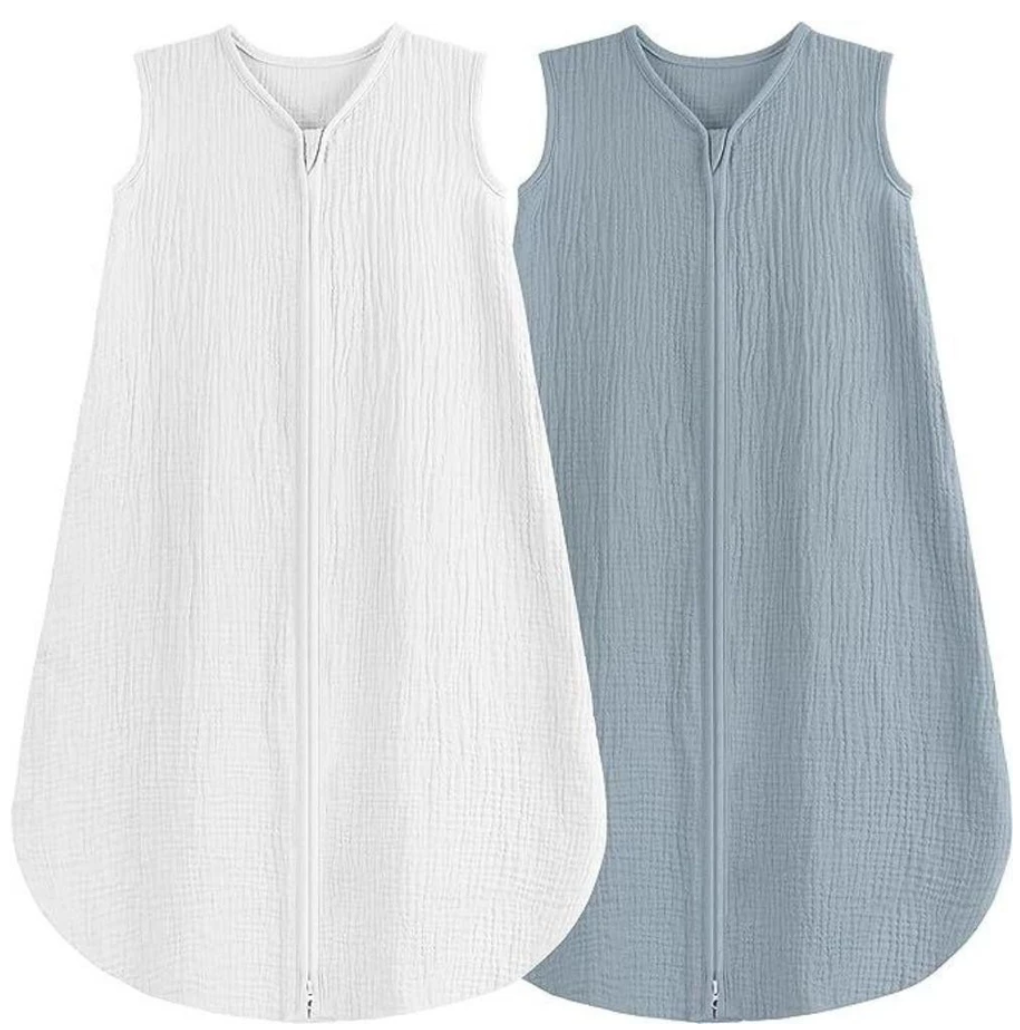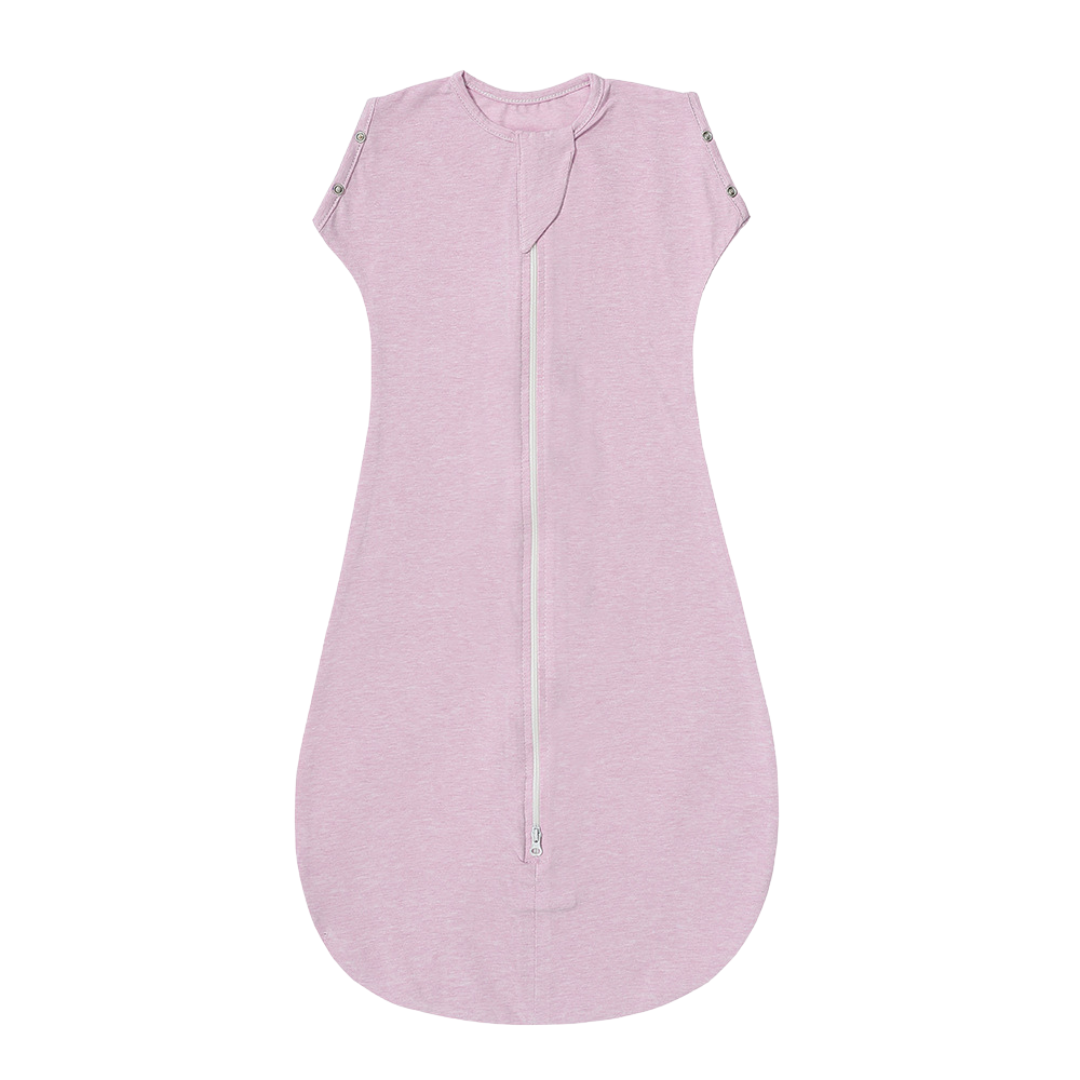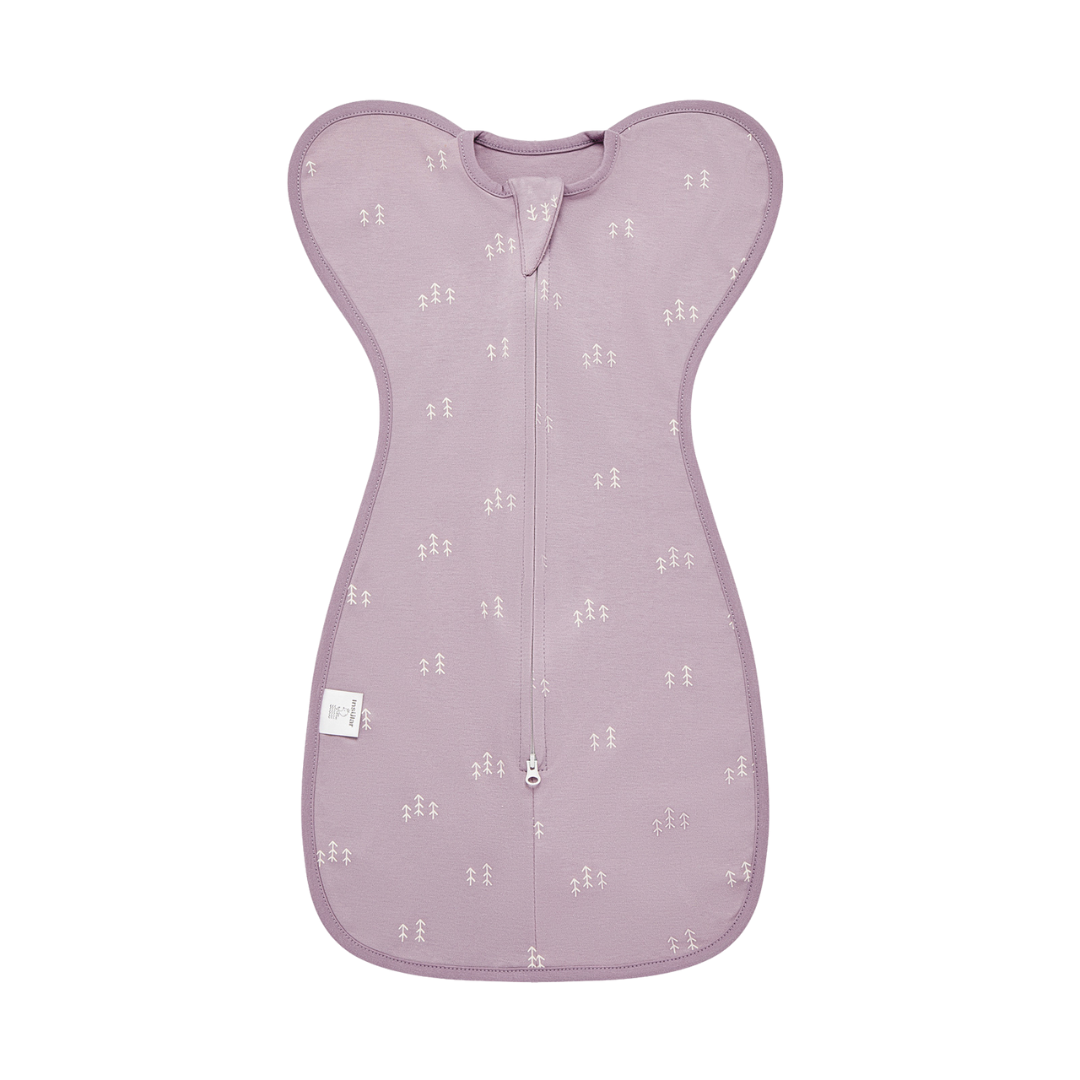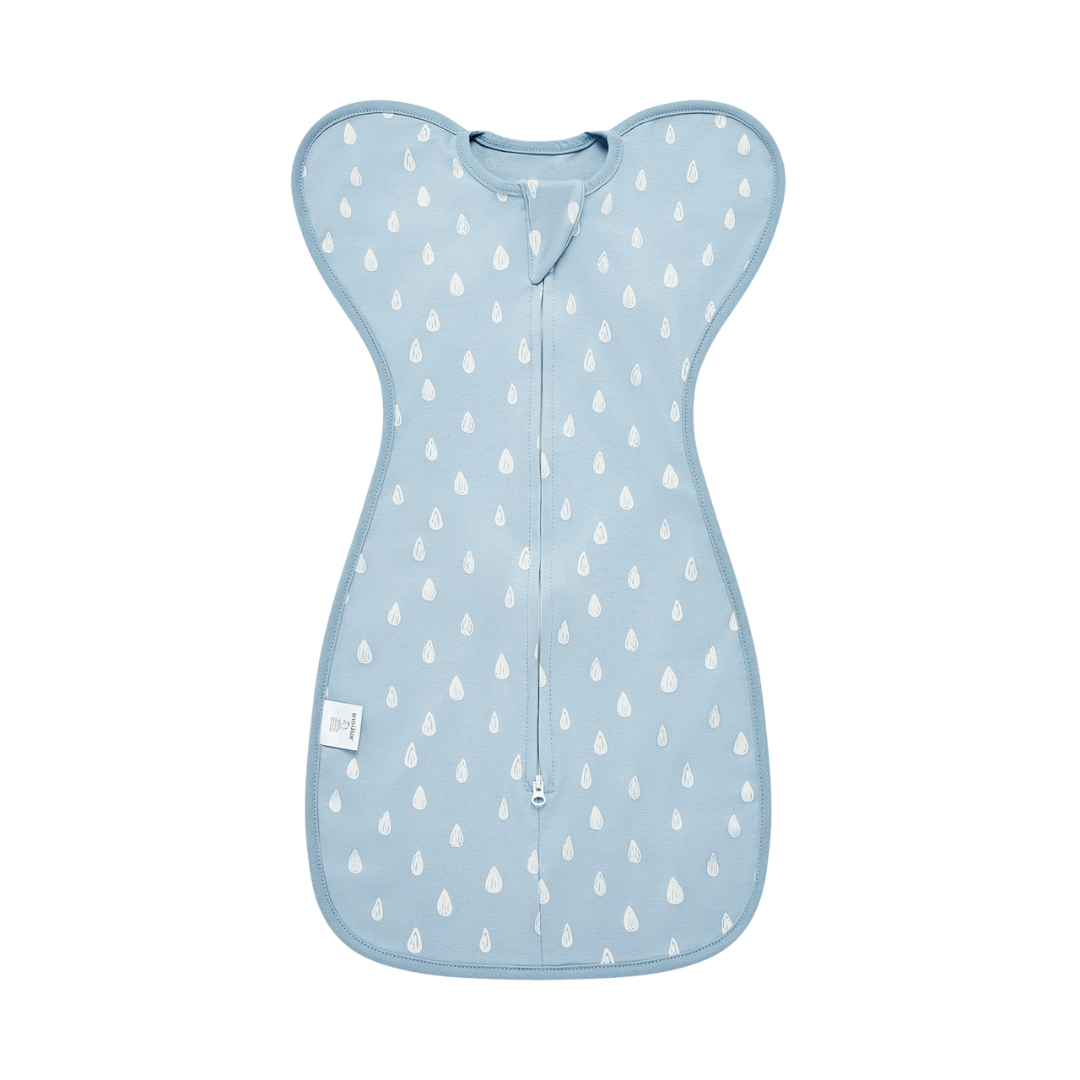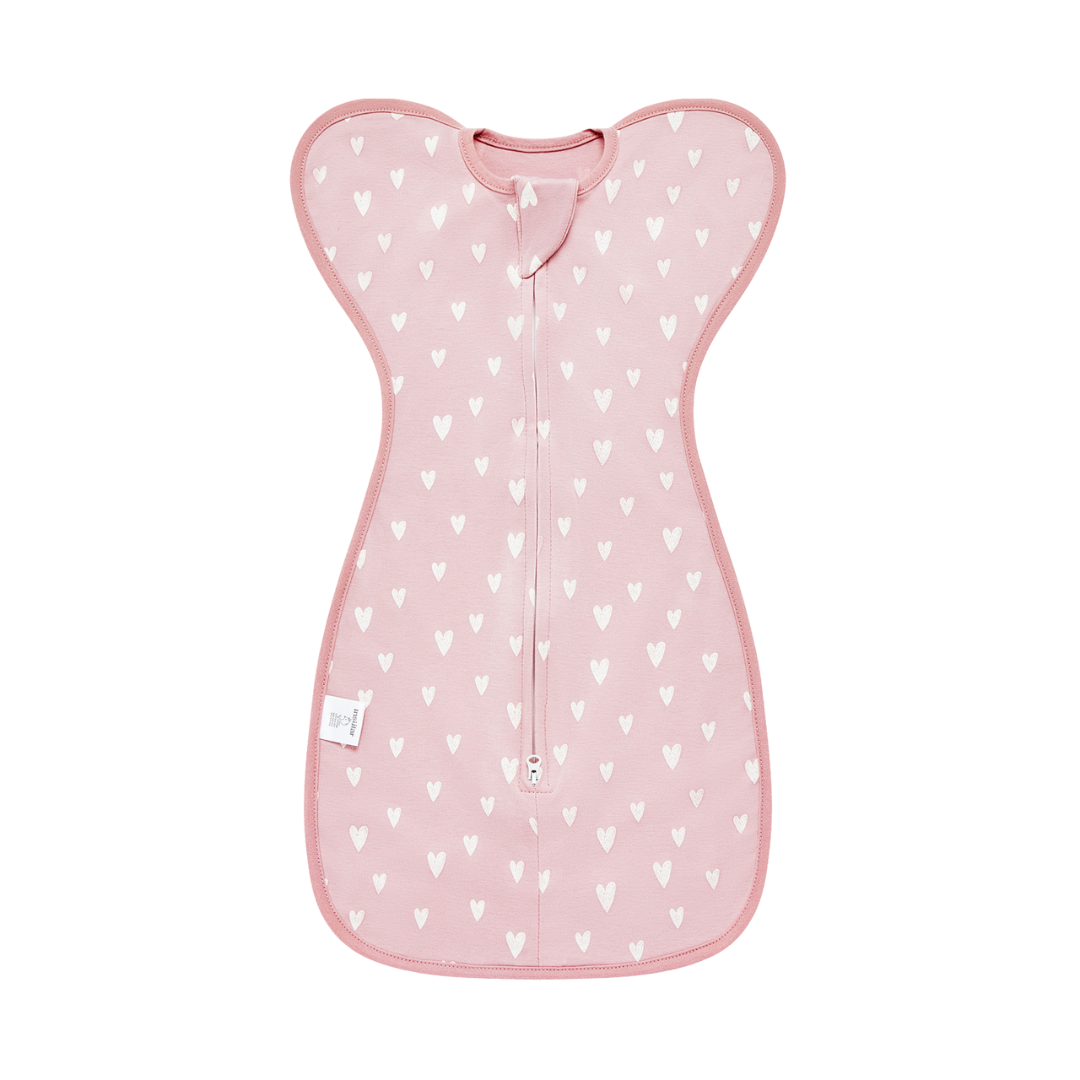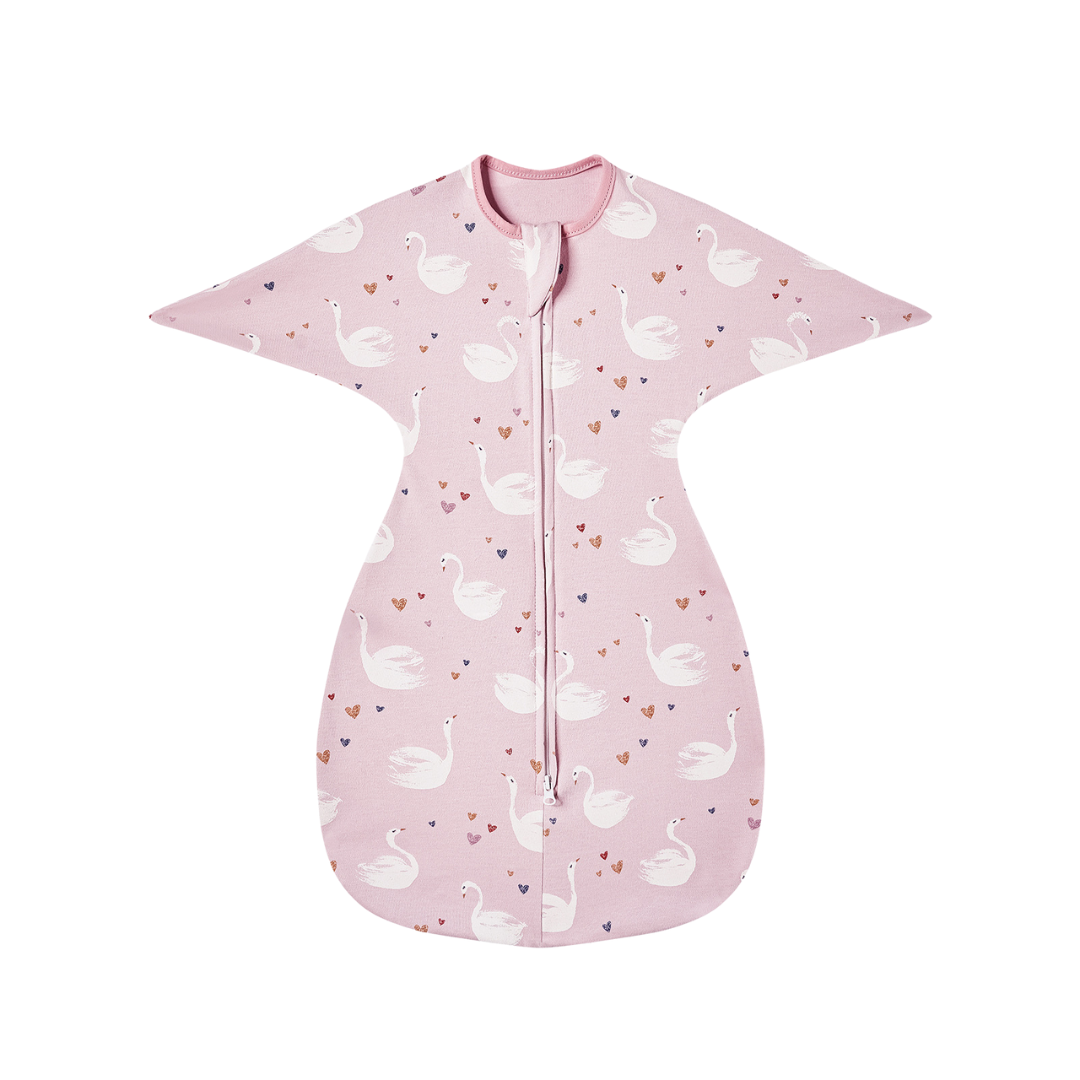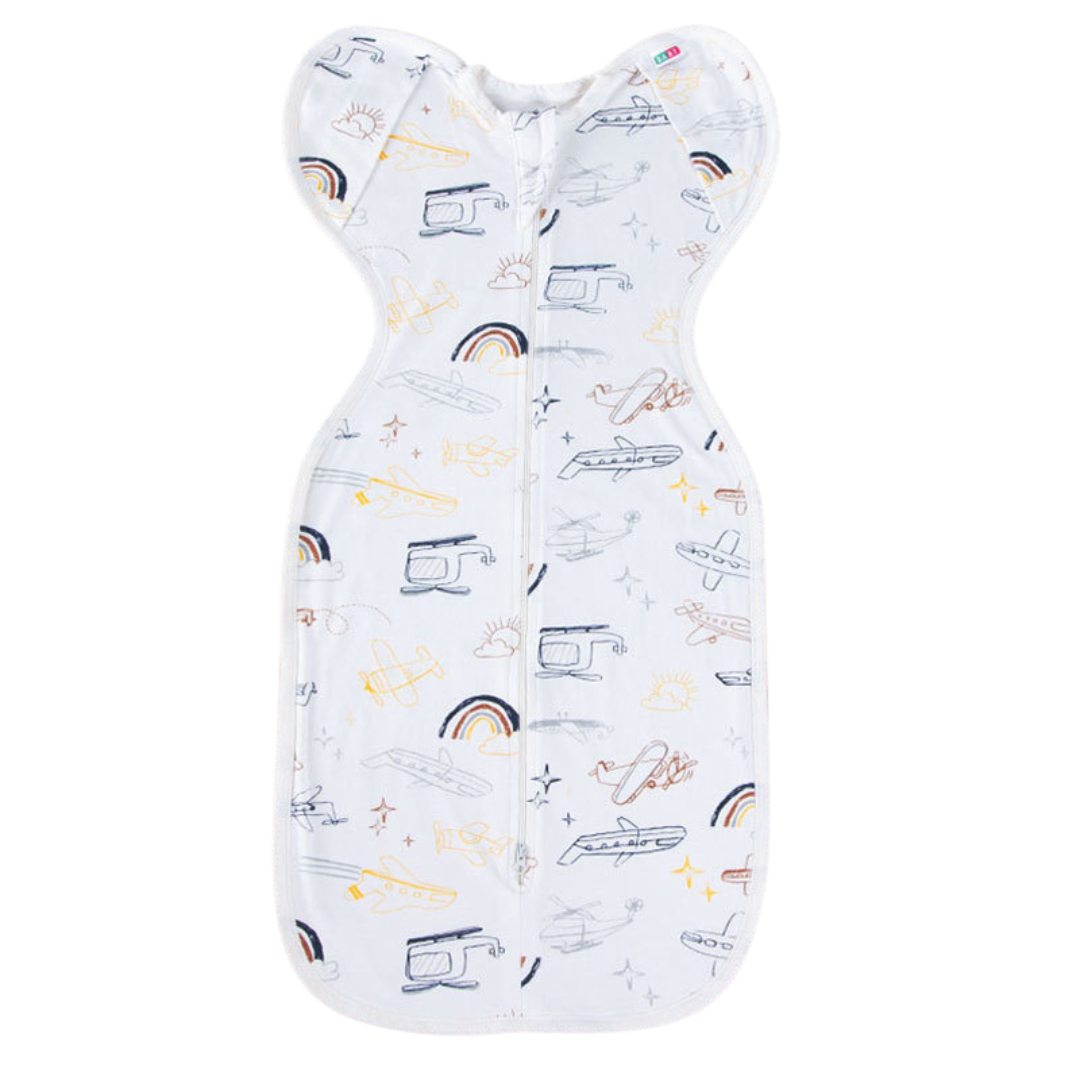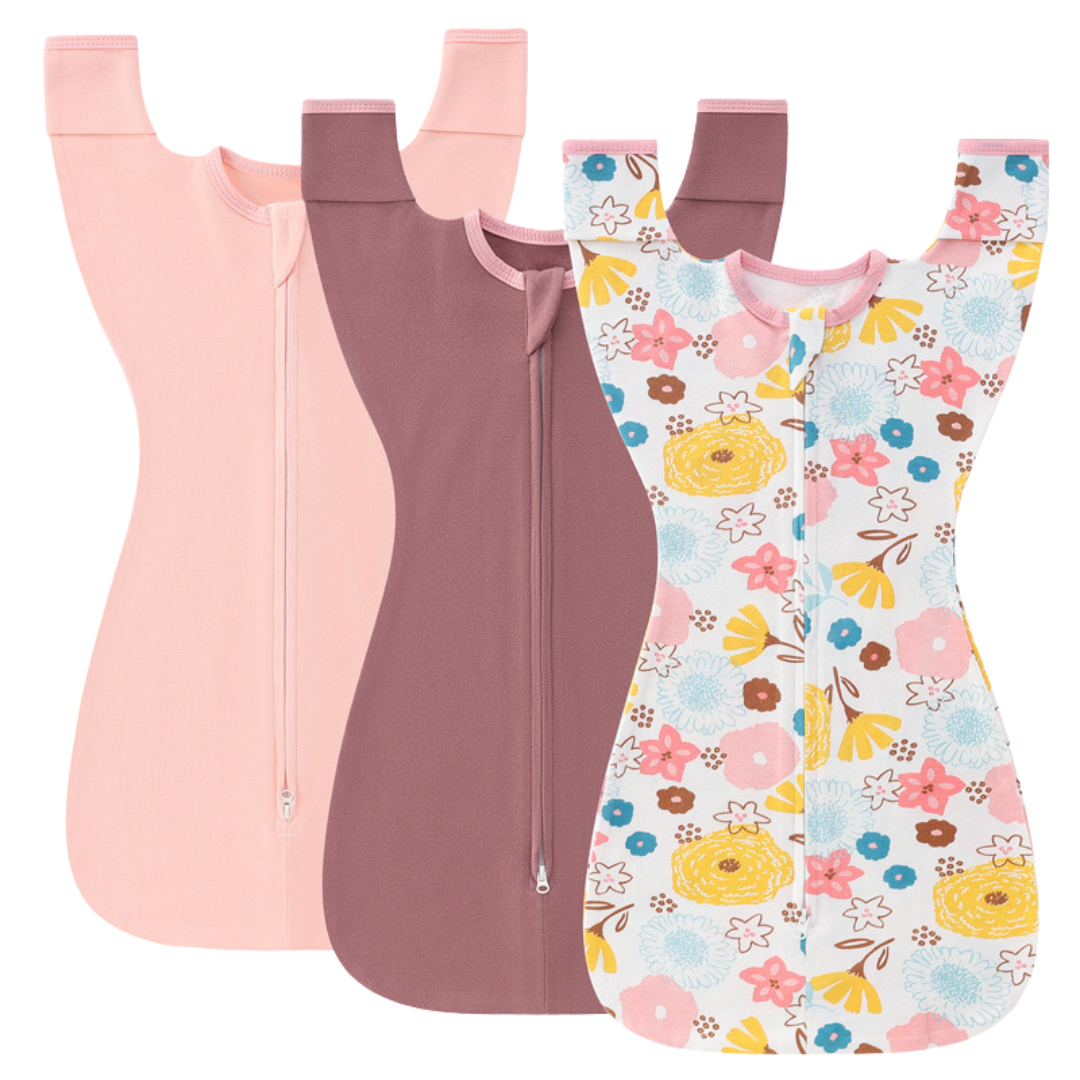
Baby Sleep Sack
JESMARY - Baby Sleep Sack Trusted Exporter from Vietnam
Contact
Quantity
Contact a consultant: 0357.118.508 - 0977.856.794 - 0971.026.205
Product information
1. Contract Confirmation and Agreement
At the beginning of every export transaction, the contract is the foundation. It specifies product details, quantity, unit price, payment terms, and delivery conditions. For baby sleep sacks, clear product specifications such as fabric type, TOG rating, stitching quality, and packaging method must be written down. Both sides must agree on Incoterms, usually FOB or CIF, to define who handles freight and insurance. A carefully reviewed contract avoids misunderstandings later in the process.
2. Production Scheduling and Quality Planning
Once the order is confirmed, production planning begins. JESMARY coordinates with its factory teams to ensure materials like certified cotton and breathable zippers are available. A pre-production sample is often made to get buyer approval. Quality standards, such as OEKO-TEX or GOTS certification, are built into the plan. Proper scheduling guarantees enough time for bulk production, inspections, and export preparation.
3. Export Packaging and Labeling
Baby products require extra care in packaging. Sleep sacks are folded, packed in protective polybags, then placed in cartons with moisture protection. Each carton carries labels with product codes, sizes, country of origin (Vietnam), and handling instructions. For overseas markets, labels in multiple languages may be required. Proper packaging not only protects the goods but also reflects professionalism to international buyers.
4. Export Documentation Preparation
Documentation is the key to customs clearance and payment. A complete set usually includes the commercial invoice, packing list, certificate of origin, and bill of lading. If the buyer requires additional certificates, such as conformity reports or product safety test results, JESMARY ensures they are ready. Consistency between documents is vital even small errors in HS code or description may cause costly delays.
5. Booking Transportation and Logistics Coordination
Shipping planning is done early to secure space, especially during peak seasons. For large shipments of sleep sacks, full container loads (FCL) are often more cost-effective. JESMARY works with reliable carriers to book space and prepare the shipping schedule. Transit time, shipping line reputation, and cost are all considered. Proper coordination at this stage ensures smooth departure without demurrage or storage charges.
6. Customs Declaration in Vietnam
Before export, customs declaration must be filed. This involves submitting the invoice, packing list, export license (if required), and other related documents to customs authorities. For baby textile products, the correct HS code must be used. JESMARY’s export team ensures all details match across paperwork and digital customs submissions. Smooth clearance here prevents penalties and avoids missing vessel schedules.
7. Cargo Handling, Loading, and Container Stuffing
Physical loading is a critical stage. Containers are inspected for cleanliness, dryness, and suitability before stuffing. Cartons are stacked to maximize space but still ensure safety. A seal is placed on the container, and its number is recorded on the bill of lading. Proper lashing and palletizing prevent damage during ocean transport. Once sealed, the container is delivered to the port for loading on the vessel.
8. International Transport and Risk Coverage
During international transit, goods face risks such as rough seas, delays, or accidents. That is why marine cargo insurance is essential. JESMARY arranges insurance when required under the sales contract. Tracking systems allow real-time monitoring of vessel location. Communication with freight forwarders ensures any unexpected delays are reported quickly. This stage is about reducing uncertainty and protecting both seller and buyer.
9. Coordination with Importer and Pre-Alert Documents
To prepare the buyer for customs clearance, JESMARY sends pre-alert documents. This package usually includes scanned copies of the invoice, packing list, and bill of lading, sent before vessel arrival. Buyers then prepare their import declaration, pay duties, and arrange clearance agents. Transparent communication builds trust and reduces delays at the destination port.
10. Customs Clearance at Destination
When the vessel arrives, the importer’s customs broker files the declaration using the provided documents. In many markets, baby products must comply with safety regulations, so certificates like OEKO-TEX or product testing reports are required. If any mismatch occurs between documents, clearance can be delayed. JESMARY’s thorough preparation helps importers complete clearance smoothly and on time.
11. Inland Delivery and Final Distribution
After clearance, goods are transported to the importer’s warehouse or distribution center. Trucks or rail transport are arranged depending on the country. At this stage, proof of delivery (POD) is signed to confirm receipt. Sleep sacks are then distributed to retail stores, online platforms, or wholesalers. Proper final delivery is key to customer satisfaction and to maintaining long-term partnerships.
12. Payment Collection and Financial Settlement
Exporters only complete the transaction when payment is received. Depending on the contract, payment can be T/T advance, balance after shipment, or through letters of credit. JESMARY carefully checks all financial documents before submitting them to banks or buyers. Correct and timely paperwork ensures smooth cash flow and minimizes risk of delayed or rejected payments.
13. Post-Shipment Review and Customer Feedback
After each shipment, JESMARY conducts an internal review. Key questions include: Was the shipment on time? Were documents accurate? Did the buyer report any product or logistics issues? This feedback is recorded and analyzed for continuous improvement. At the same time, following up with buyers strengthens relationships and opens opportunities for repeat orders or new product lines.
Summary:
The export of JESMARY Baby Sleep Sacks involves a 13-step process from contract signing to customer feedback. Each stage requires careful planning, precise documentation, and strong communication. By following this detailed process, JESMARY ensures product quality, compliance with international standards, and reliable delivery building its reputation as a trusted baby product exporter from Vietnam.
CONTACT CONSULTATION AND ORDER
JESMARY group
Phone: 0357.118.508 - 0977.856.794 - 0971.026.205
Email: sales.jesmary@gmail.com
Show room: 193/9/2B Nguyen Thi Bup Street, Tan Chanh Hiep Ward, District 12, Ho Chi Minh City
Website: jesmary.net - jesmary.com - khanviet.net
Related Products
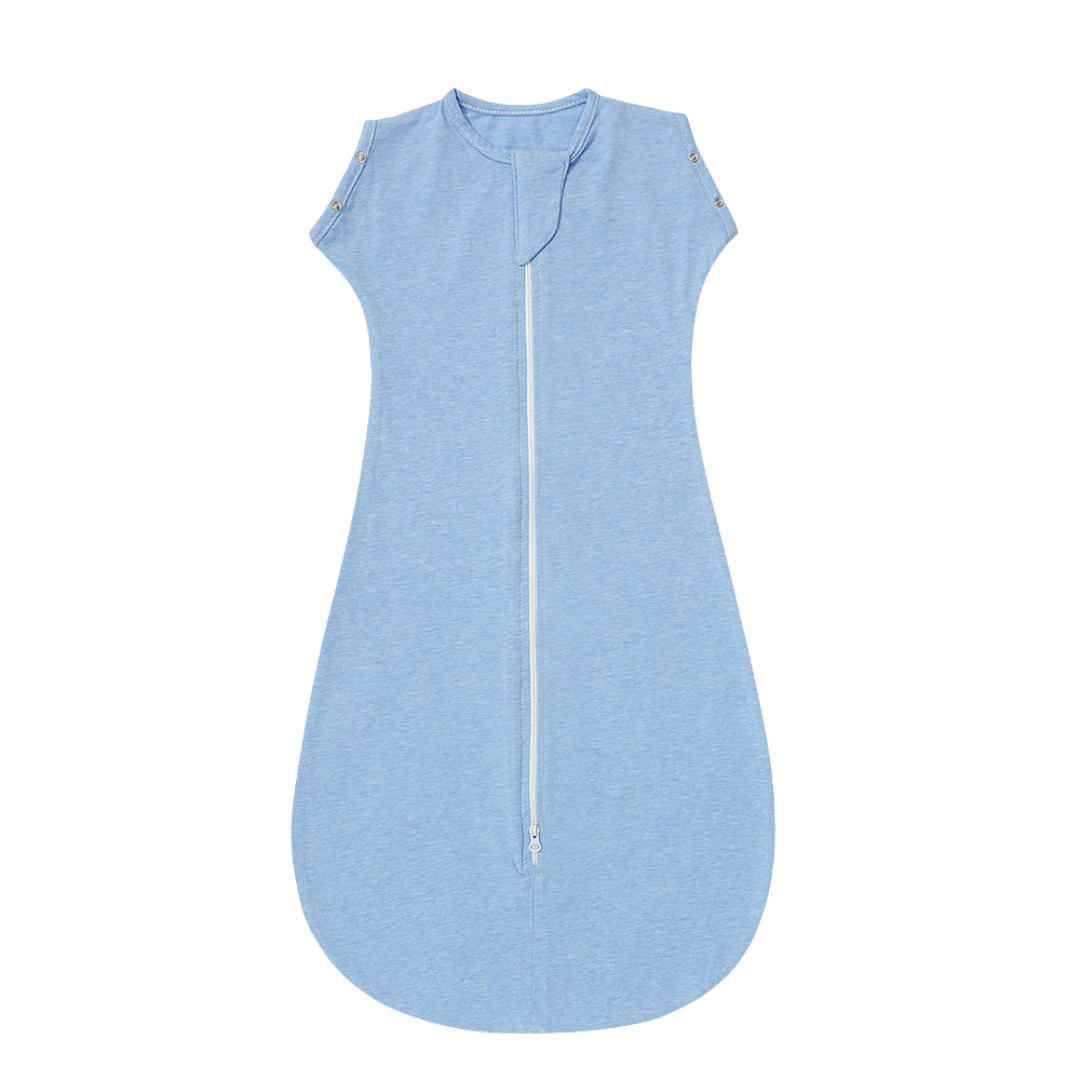
Baby Sleep Sack
JESMARY - Baby Sleep Sack Premium Infant Wearable Blanket, Proudly Made in VietnamContact
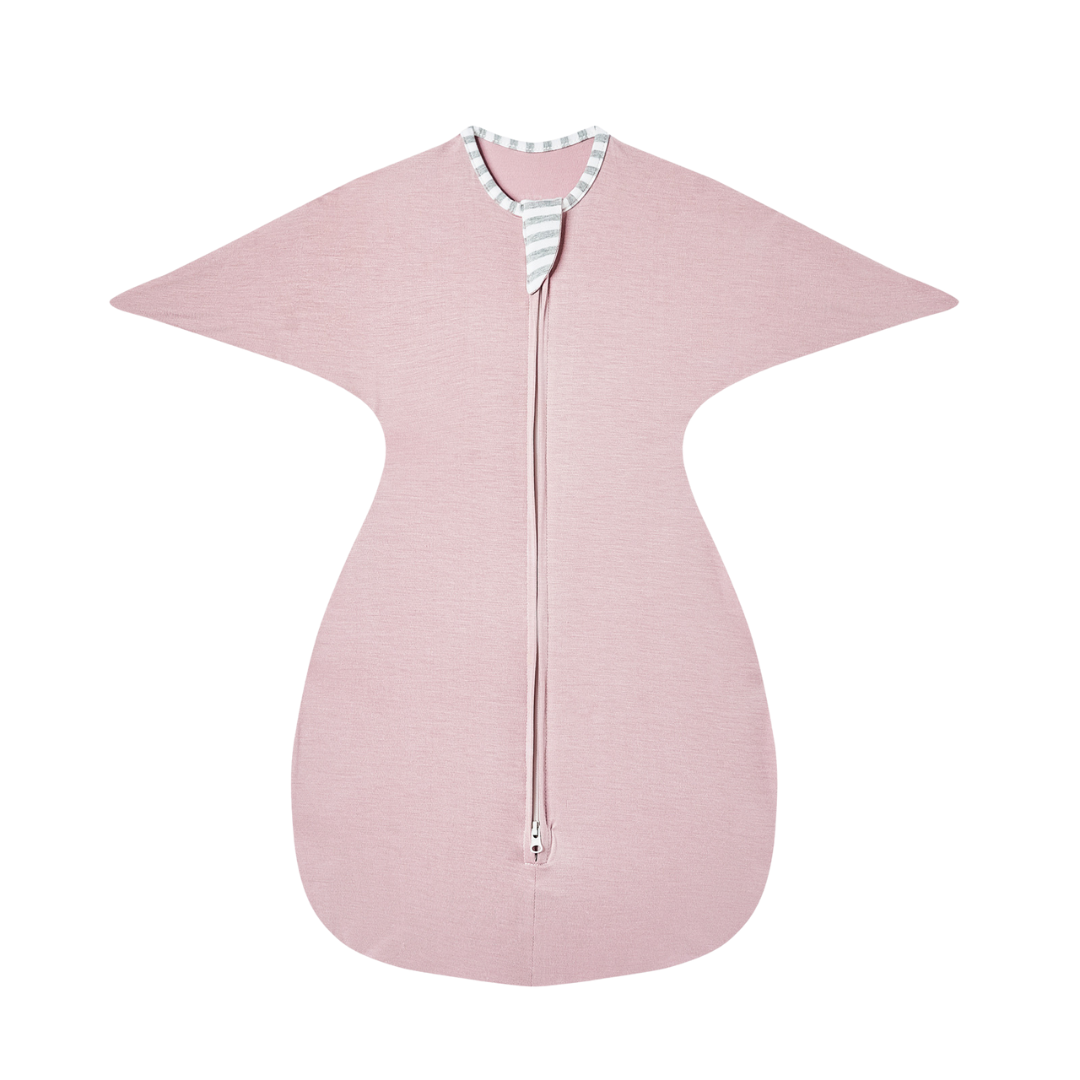
Baby Sleep Sack
JESMARY - Baby Sleep Sack Vietnam’s Global Standard for Safer, Smarter Baby SleepContact
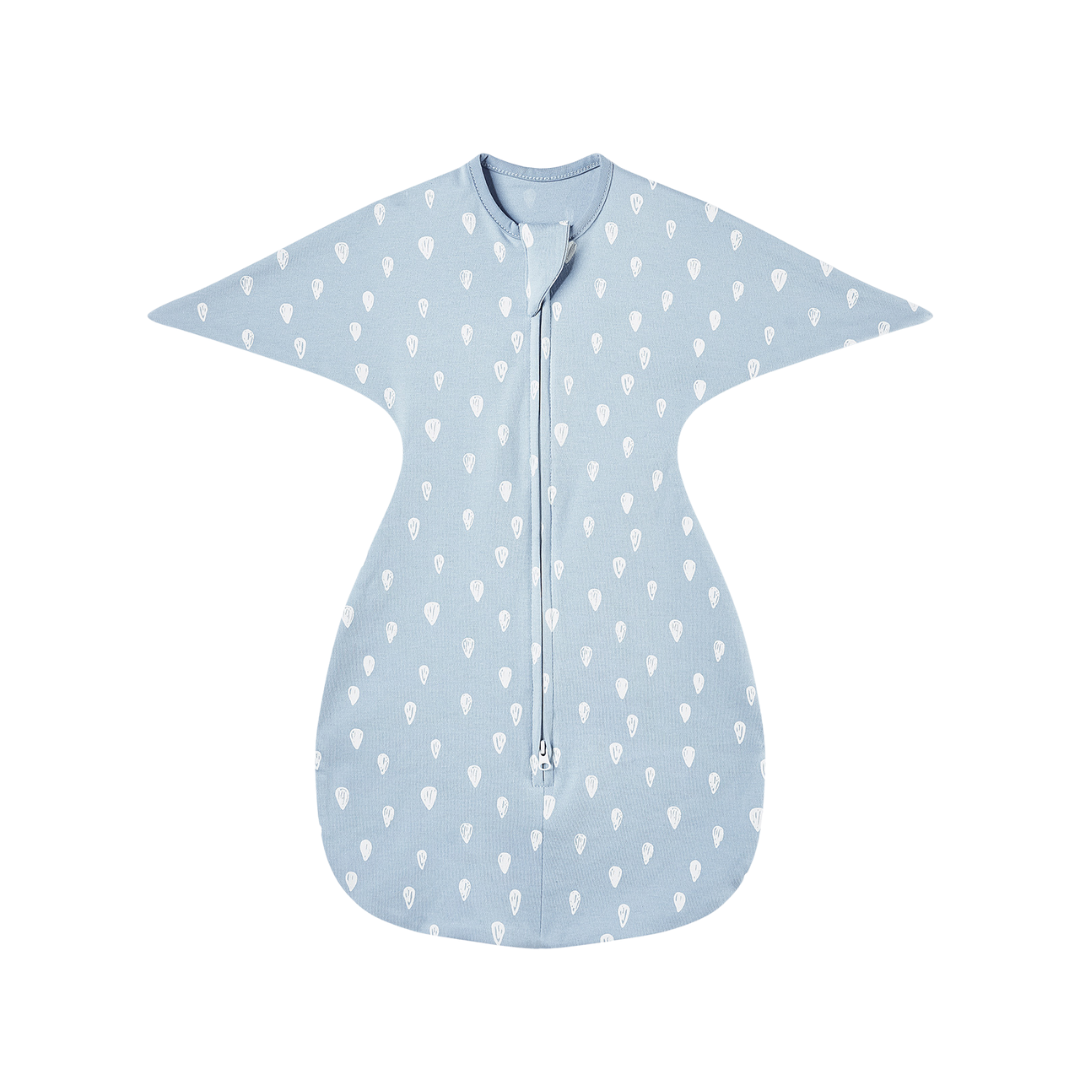
Baby Sleep Sack
JESMARY - Baby Sleep Sack Redefining Baby Sleep with Safety, Comfort, and Global QualityContact

